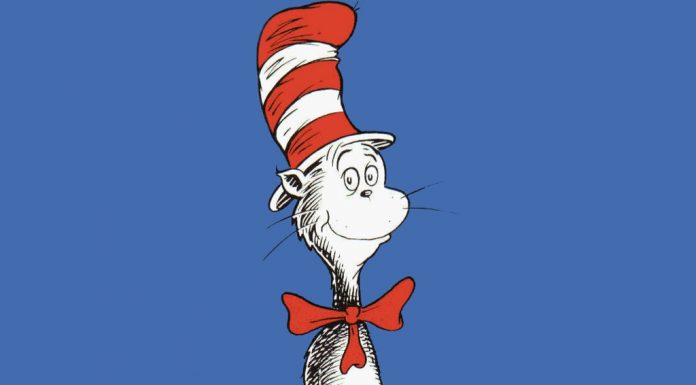The far-left education group Learning for Justice has told schools not to emphasize Dr. Seuss on Read Across America Day because of the poet’s “racial undertones.
One Virginia school district obeyed the demand, Daily Wire reported.
The National Education Association—the nation’s largest and most far-left labor union— started Read Across America Day to celebrate the birth of Theodore Seuss Geisel on March 2.
NEA has given this year’s Read Across America Day the theme of “Create and Celebrate Diversity.”
Although Dr. Seuss provided the original inspiration for Read Across America Day, Loudoun County Public Schools in Virginia told teachers to avoid “connecting Read Across America Day with Dr. Seuss” because his work is not “culturally responsive.”
As affluence and radical progressivism almost always coincide, Loudoun County has the highest median household income in the nation at $134,464—nearly $14,000 more than the next-highest county.
“Realizing that many schools continue to celebrate ‘Read Across America Day’ in partial recognition of Dr. Seuss’ birthday, it is important for us to be cognizant of research that may challenge our practice in this regard,” LCPS wrote in an announcement.
“As we become more culturally responsive and racially conscious, all building leaders should know that in recent years there has been research revealing racical undertones in the books written and the illustrations drawn by Dr. Seuss,” the announcement continued.
Loudoun schools spokesman Wayde B. Byard said that “Dr. Seuss books have not been banned; they are still available to students in our libraries and classrooms,” the Washington Post reported.
Learning for Justice, which changed its name from “Teaching Tolerance,” dedicates itself to teaching children “social justice” and “racial justice” starting in preschool.
The group argues in “It’s Time to Talk About Dr. Seuss” that the poet favored “orientalism, anti-blackness, and white supremacy” in his writings.
Learning for Justice bases its argument on a 2019 taxpayer-funded article from St. Catherine University titled, “The Cat is Out of the Bag: Orientalism, Anti-Blackness, and White Supremacy in Dr. Seuss’s Children’s Books.”
“Of the 2,240 (identified) human characters, there are 45 of color representing two percent of the total number of human characters,” according to the study of 50 Dr. Seuss books.
Out of the 45 non-white characters, 43 “exhibited behaviors and appearances that align with harmful and stereotypical Orientalist tropes.”

